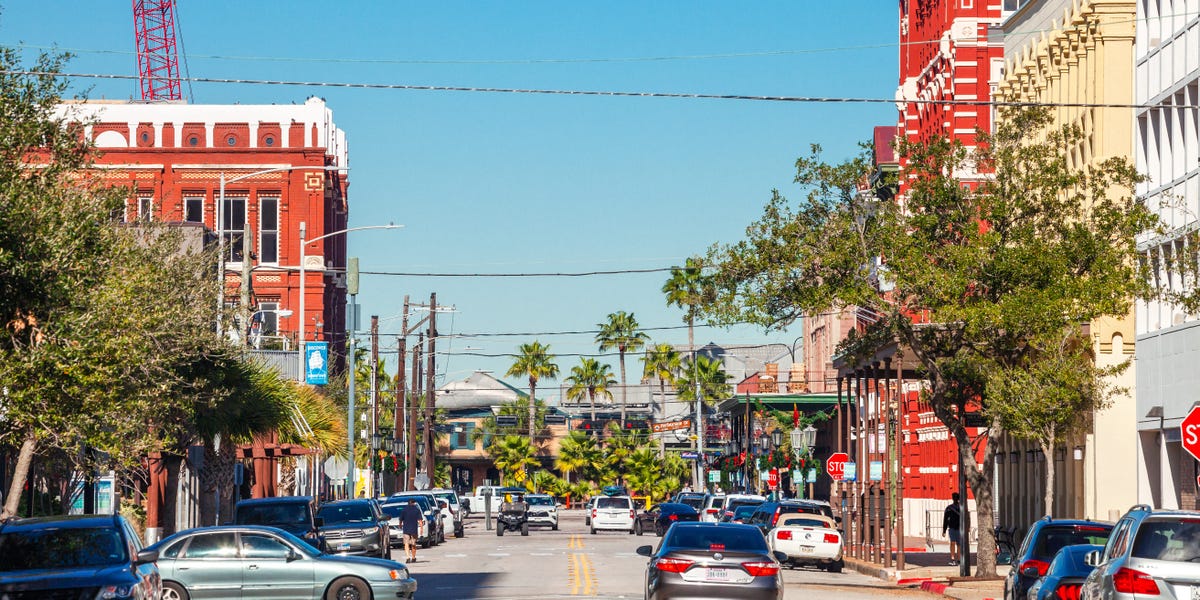T
he question on everyone's mind is whether the housing market will crash in 2025. While it's a valid concern, especially after the roller-coaster ride we've all been on, I firmly believe that the market won't collapse. Instead, I see a gradual rebalancing, making it more accessible for certain buyers.
The idea of a housing market "crash" has become almost mythical, often conjuring images of the 2008 financial crisis. However, today's market is built on different foundations, with stronger lending standards, significant homeowner equity, and a persistent supply shortage that acts as a fundamental floor for prices.
When I look at the data and consider the real people I work with every day, I see resilience, not fragility. While the headlines might still try to sensationalize every dip, I encourage you to look deeper with me.
Different organizations approach market forecasting with slightly different lenses, but when you put their insights together, a clearer picture emerges. Let's break down what the major players in the real estate world are expecting for 2025 and why their nuanced predictions paint a picture far removed from a "crash."
The National Association of REALTORS (NAR) has a consistently optimistic outlook, with Chief Economist Lawrence Yun predicting a 6% rise in existing home sales in 2025, followed by an 11% climb in 2026. This suggests people will start feeling more comfortable making moves.
Zillow's forecast is slightly more subdued, but still doesn't predict a crash. They expect typical home values to drift down slightly, ending 2025 about 2% below where they started the year. Inventory will continue to grow significantly, potentially approaching pre-pandemic levels by the end of 2025.
Realtor.com's forecast focuses on the idea of the market "rebalancing," with market power shifting towards buyers. They expect sales to land at 4 million in 2025, just slightly behind 2024. This suggests a continued slow pace, not a sudden drop.
When I look at these forecasts together, a common thread emerges: none of them predict a crash. What they do predict is something far more nuanced and healthier – a market that is slowly but surely finding its balance.
Mortgage rates are the linchpin in all three outlooks, with NAR seeing them as the "magic bullet." If mortgage rates move sustainably lower, it will significantly boost sales. Inventory recovery is also key, with Zillow and Realtor.com predicting continued growth.
However, regional differences persist, with some areas still feeling incredibly tight while others have recovered more robustly. Affordability remains a challenge, with high prices combined with high interest rates making homeownership feel out of reach for many.
The job market and economy provide a resilient foundation, with low unemployment and steady inflation creating a solid base for housing activity. Policy changes can influence the housing market, but it's essential to focus on incentivizing more home building, simplifying regulations, and addressing the core affordability crisis.
Ultimately, the housing market in 2025 will be defined by its resilience and adaptation – not a dramatic crash, but a gradual calibration. I remain optimistic about the long-term health of housing in America, even as we navigate these choppy but manageable waters.














